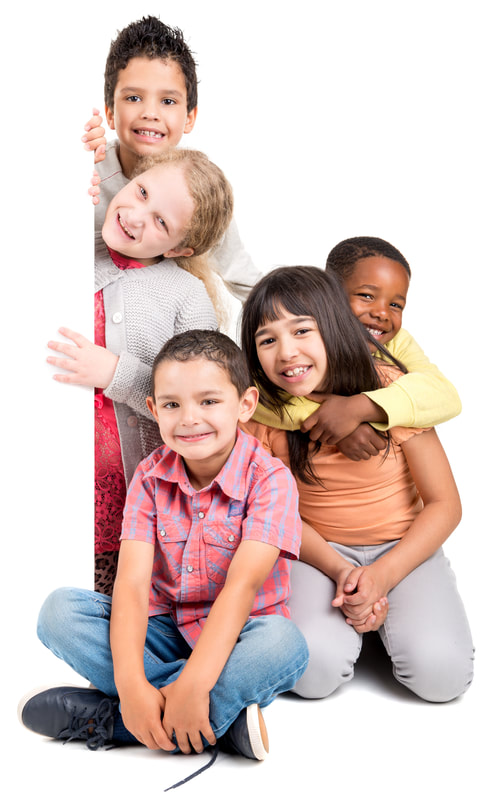Cooperative Play (Play with peers or adults)
|
Page 5 |
“A child’s play is not simply a reproduction of what he has experienced, but a creative reworking of the impressions he has acquired.” ~ Lev Vygotsky
This is the “everybody wins” type of play. There isn’t any official competition between each other while engaging in this type of play. Frequent interaction with others is the best way for children to learn essential social skills. By playing with others, children develop the skills required for successful relationships with other adults and their peers. Through contact with people outside of their family, children learn skills they can use to develop and nurture relationships throughout their lives.
Cooperative play provides a meaningful context for children to practice verbal interactions with peers, including taking turns, sharing, listening, and resolving conflicts. Role-playing helps children to experiment with new perspectives and consider the thoughts and actions of other people.
|
Early school-age children make many friends, but they also change friends often. Lots of tattling and putting-down of other children goes on because being friends with another child seems more exciting when a third child is "kept out." This behavior often seems mean to adults and older caregivers, yet it is a way for young children to learn about relationships.
Friends are vital to school-age children's healthy development. Research has found that children who lack friends can suffer from emotional and mental difficulties later in life. Friendships provide children with more than just fun playmates. Friendships help children develop emotionally and morally. In interacting with friends, children learn many social skills, such as how to communicate, cooperate, and solve problems. They practice controlling their emotions and responding to the emotions of others. School-age children develop the ability to think through and negotiate different situations that arise in their relationships. Having friends even affects children's school performance. Children tend to have better attitudes about school and learning when they have friends there. In short, children benefit greatly from having friends. |
Being able to play games and sports tends to be important for school-age children. Children do not have to be a superstar at a game or sport, but it is easier to join in and have fun if they know the rules and have the basic skills. Find out what game or sport children are interested in and help her learn it. Do not pressure a child to play anything she does not want to. The pressure will only make her feel inferior. Make sure not to let the practice become a drill or drudgery. Be encouraging and focus on the fun of playing together.



